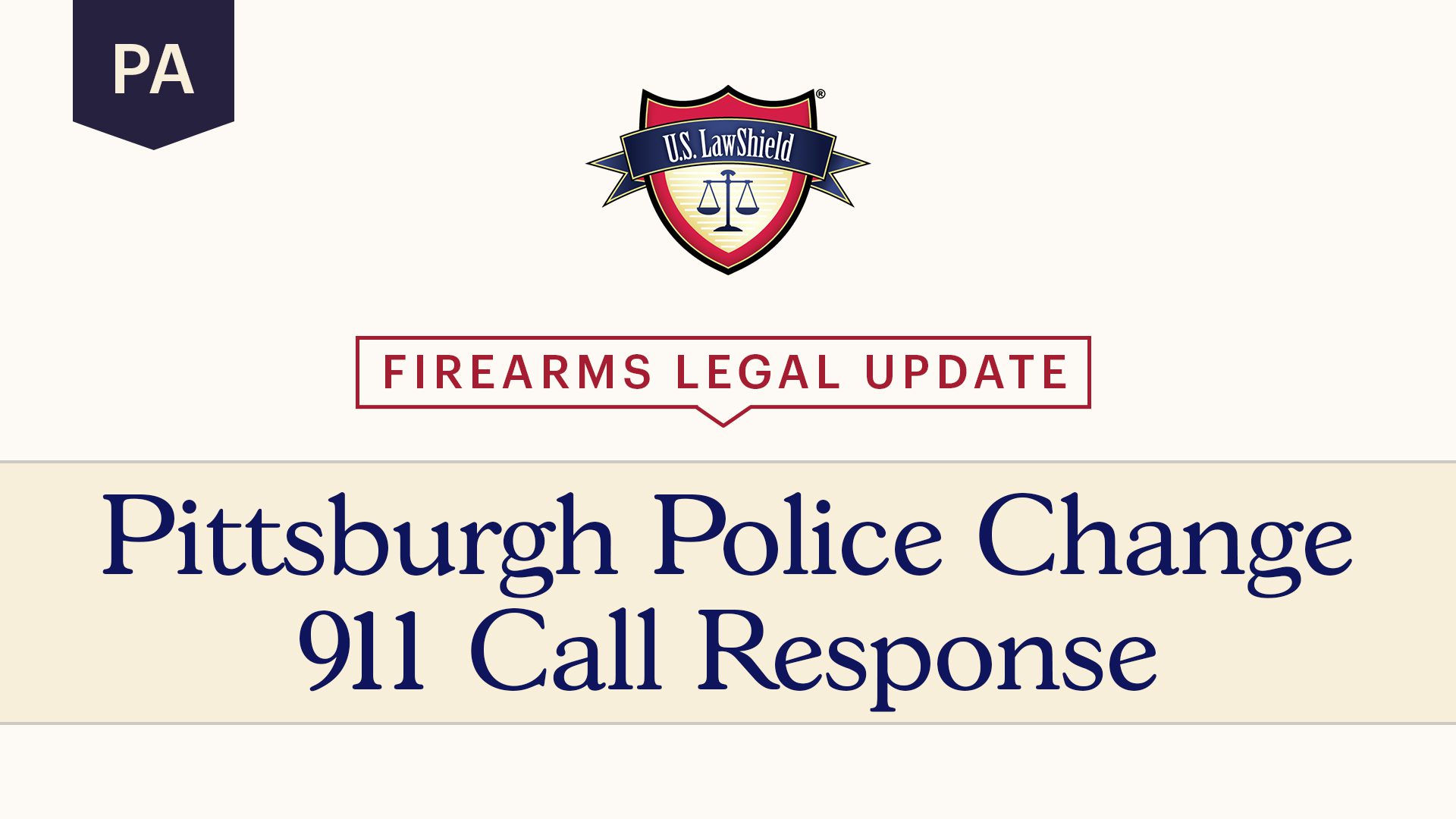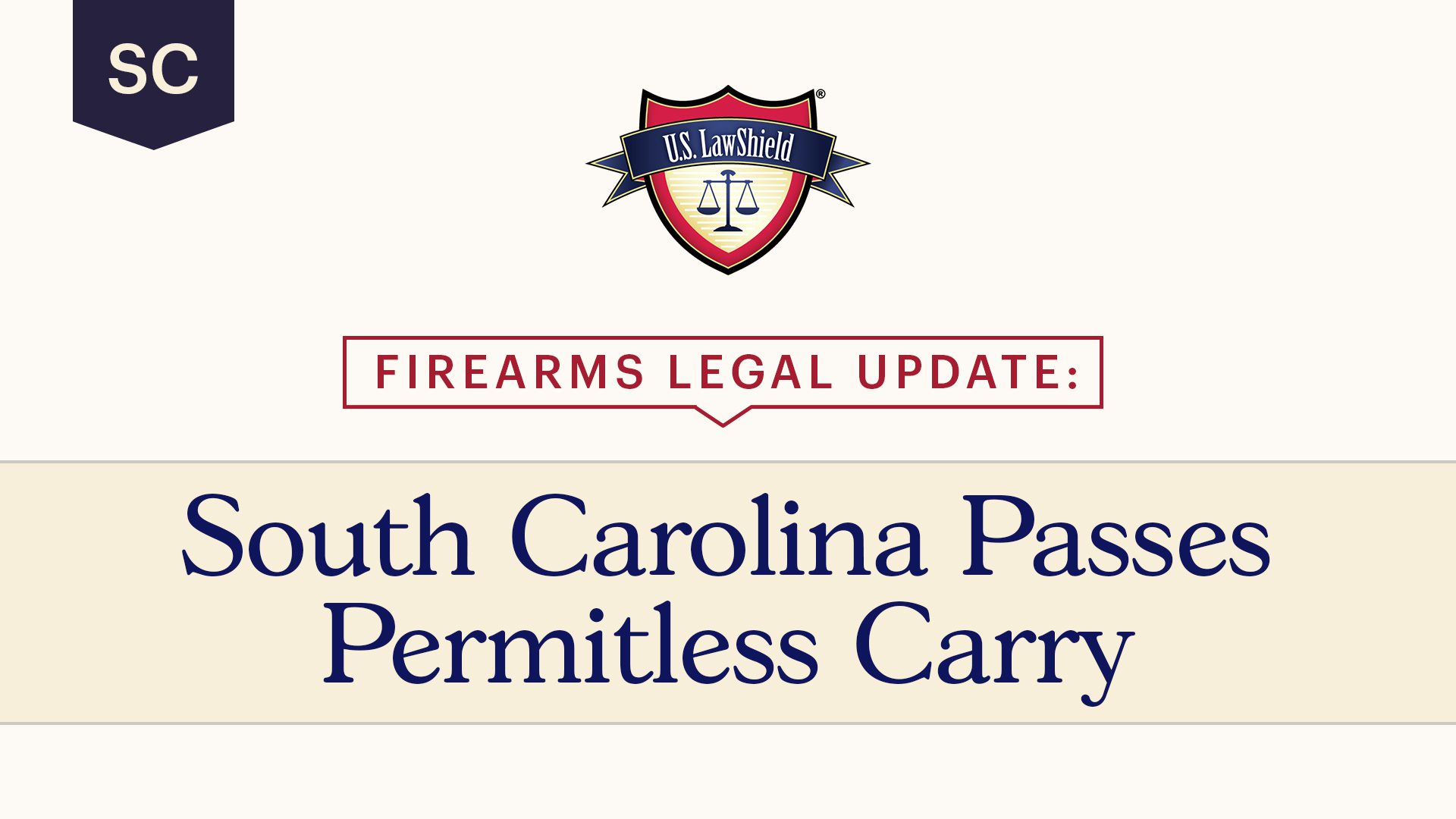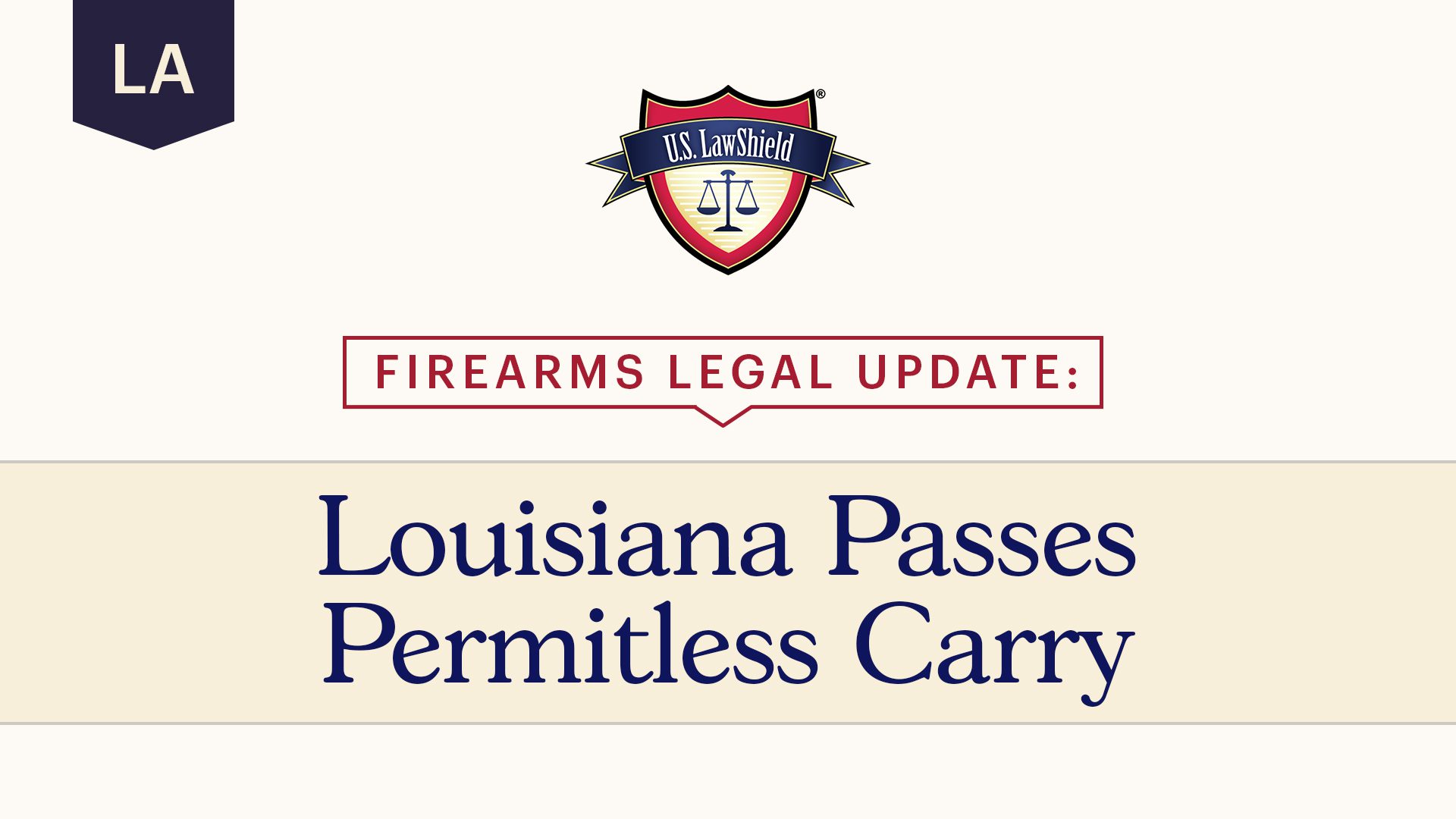Giving a Gun as a Gift in Florida
David: In the state of Florida, it is perfectly legal to give a gun as a gift. Further, there are no gun registries in this state. So all you have to do is give the gun to the person you want to receive it. There is no paperwork that must be done.
It’s probably a good idea to write the type of firearm and serial number on a piece of paper and get the person receiving the gift to sign the paper. In case the firearm is later used in a crime or stolen, the giver of the gift will have a record that they no longer possess the firearm.
On the other hand, buying a gun as a gift in Florida for someone else is not allowed. What is the difference? In the first case, you’re giving the gun as a gift. You’re paying for it with your own money and you expect nothing in return. In the second, someone is compensating you to get a gun for them. They give you the money to make the purchase, or trade you something else of value, for purchasing the gun for them. This is called a straw man purchase or straw purchase.
Are Straw Gun Purchases Illegal in Florida?
Straw purchases violate both federal and state laws and are serious felonies.
An example would be if you’re going to the range to shoot and tells you he wants to give his adult child a gun for Christmas. He then tells you he knows nothing about guns and give you $500 and asks you to buy a good one for him to give to his son. If the neighbor went to the gun store and purchased the firearm then gave it to his son as a gift there would be no problem. However, if you purchased a gun with your neighbor’s money for him to give it as a gift you have participated in a straw man transaction and are subject to up five years in person and up to a $5,000 fine and so is your neighbor.
Your Protection Starts Here!
The information provided in this presentation is intended to provide general information to individuals and is not legal advice. The information included in this publication may not be quoted or referred to in any other publication without the prior written consent of U.S. LawShield, to be given or withheld at our discretion. The information is not a substitute for, and does not replace the advice or representation of a licensed attorney. We strive to ensure the information included in this publication is accurate and current, however, no claim is made to the accuracy of the information and we are not responsible for any consequences that may result from the use of information in this publication. The use of this publication does not create an attorney-client relationship between U.S. LawShield, any independent program attorney, and any individual.





If I gift a firearm to someone who would not pass a background check and this is unbeknownst to me, am I held responsible? Or does the fact that they signed the transfer paper release me from any repercussion?
I live in New York and have a NYS carry conceal permit and would like to give one of my pistols to my son who lives in florida what are the rules governing this gift
Depending on your NY county all you have to do is fill out a form that states the gun is no longer in NY state and will not be coming back. They will then remove it from your permit. As long as your son is 21 years old it’s fine in Florida. I live in NY and have done this with several pistols.
Brion,
If you are shipping it to him you would need to send through an FFL. If you are driving it down and handing it to him to “borrow” for an undetermined amount of time well. There is that option too.
I’m 18 in florida and my sister is buying me a gun (she is 21 ) is it possible she can gift it to me?
Is she using your money or hers? Her money she gifts it to you and you are ok but you are legally not allowed to possess a handgun until you are 21.
We payed for a rifle in a Florida fire arm store which is to be shipped to a New York fire arm store for the rightful owner to pick up.. we just payed for it the owner gave all of her info to the gun store .. What’s the procedure and how long will the rightful owner have to wait before the pick up date?
My father has several guns (pistol, AR and a shotgun and a hunting rifle) he owns in Florida, he moved out of the country for some time and has gifted them to me. I live in Georgia. Can I simply drive them home with me and register them in my home state? What would be the best practice?
Also let me state that I have my conceal carry license in the state of GA
By Federal law, whenever a firearm crosses a state line on its way to a new owner it must be transferred through a licensed firearms dealer (FFL). No exceptions; severe penalties for violation.
1. Google “FFL near zip code xxxxx” and put in your zip code. You will likely find several near you.
2. Call the FFL’s and see who will, a) be willing to receive your Dad’s firearms, and (b) give you a good price on his/her total fees for the transfer (they can vary widely, especially on multiple guns done at once).
3. Have your Dad arrange shipment of the firearms to the FFL. The FFL will want a copy of his driver’s license. You can assist the process but it must be with your Dad’s express permission (get a written note from him).
4. On arrival, go to the Georgia FFL with your I.D., fill out a simple form,and the FFL calls in a background check
5. Pay the fee and ownership of the firearms is transferred to you. Takes longer to explain it than to do it.
Notes: a) If your Dad ever comes home he could drive the firearms across the state line to a Georgia FFL rather than ship them; just bring government issued I.D. b) Typical FFL fee for transferring a single firearm in Georgia may be around $25 – $30. Call around to see who will give you a significant discount on additional firearms transferred at the same time; some may only charge $10 – $15 each for the “extras” as it is little additional work for them.
My moms birthday is coming up and we wanted to get her a gun. My dad and brother had found this shooting range that had a gunshop in the same place. After doing some shooting my dad tried to buy a gun for my mom. He lives on a boat and was told they couldn’t accept his address because of it. Since his mailing address was a separate location. He was told to come back when he had proper identification. He had to work over the next couple days and was told they only had 2 in stock.
My moms birthday is about a month away but since they only had 2 left I figured I could just go buy it. I took my brother along since he knew where the place was. We get there and look around a bit since i was also interested in buying myself another rifle but they didn’t really have the kind i wanted. I start filling out the paperwork and the retailer says they have to go to the bathroom. Once they get back they ask my brother if he was with my dad the other day. He says yes and the retailer then asks me if I’m buying the gun for myself. I told him it was going to be a birthday gift to my mom. He told me I would be committing a felony and said I can either walk away or “we can go to the next step”. Panicked I just chose to leave without arguing or any more questions.
We live in Florida, I was using my own money (debit card with my name on it), and had filled out the forms with my own information. I was going to take it out shooting over the next couple weekends before gifting it to my mom who has bought a couple of her own guns before.
I’ve tried double checking rules and such but I’m still a bit spooked. Would it have actually been a crime to buy my mom a gun for her birthday? Is there a time limit the gun must be under my name before I can give it to someone else? Does what happened with my dad affect my ability to purchase a fire arm?
My little brother lives in a neighborhood where there has been multiple break ins. He is 18 and I am 23. Can I gift him the firearm legally without legal ramifications towards either of us?
In Florida, although you must be 21 to purchase a firearm, anyone over 18 may own and possess a firearm unless otherwise ineligible.
I live in Florida but, for a few weeks I stayed in SC with a friend because of the loss of their spouse. While there I was ask if I would like any of the firearms from a collection they owned, so I was given pistol, is it legal for me to bring it back to Florida?
This is a great question. If you’re a member, please call our non-emergency line to get an answer from an independent program attorney at 877-448-6839.